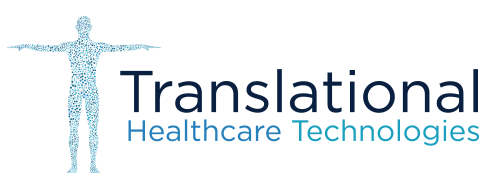About Us
The team, based within the Centre for Inflammation Research at the University of Edinburgh, has affiliated group members from other leading UK Universities and UoE/NHS departments.

We fuse scientific discovery with clinical translation and challenge current human discovery, diagnostic and therapeutic pathways.
To date, disease modelling and toxicology have been focused on preclinical models with limited success. We firmly believe in the human experimental model.
The Core Focus
Developing novel strategies to characterise and perturb inflammatory pathways in human disease. This precision medicine approach intersects across disciplines to advance sensing, imaging, therapeutic delivery and experimental medicine.
The THT team have developed pathways utilising primary human cells, tissues, organs and humans as the experimental model. Having conducted multiple First-in-Human studies to test the performance and safety of therapies, imaging probes and medical devices, THT has developed strong working relationships with the MHRA and clinical Sponsors to expedite translational pathways from concept to clinic.
THT champions experimental medicine with the group incorporating professional managerial/regulatory capabilities aligned with GMP accredited facilities (API and sterile fill) and robust Quality Management Systems (QMS) to fully support the translation from bench to bedside and back again.
Key Areas of Expertise
Our key area of clinical and translational expertise is in pulmonary disease. In particular defining and intersecting acute and chronic pulmonary inflammatory diseases (pneumonia, Idiopathic Pulmonary Fibrosis (IPF), lung cancer, ARDS) to deliver patient benefit.
This group has developed a highly effective model to expedite the commercialisation and implementation of healthcare technologies for patient benefit and commercial success. Multiple funding sources, including UKRI, Wellcome and the US-based CARB-X fund, have supported the integration of physical scientists, biomedical scientists and clinicians into the same environment (in the basement of QMRI) and provides the requisite infrastructure (in term of expertise and facilities) to accelerate commercialisation. In doing so it removes the barriers that frequently preclude the development and translation of new healthcare technology.
New Healthcare Technologies
Development of new healthcare technologies, including devices, molecules and software, will enable more effective, faster approaches to diagnosis, treatment and prevention of disease. Integration with emerging technologies such as sensors and digital advances are transforming medicine and social care and will increasingly provide disruption to traditional pathways of innovation in healthcare diagnosis and treatment pathways. Research and commercialisation in this sector is booming across the globe. In this new era a critical challenge is to accelerate the routes to move such innovations from research into commercial development and availability for use. The model for THT is incubation and acceleration of early commercial translation, with a focus on start-ups and entrepreneurship, embedding these skills and groups alongside the interdisciplinary academic innovation groups.
The projects ongoing within the THT group span a range of scientific disciplines and stages of development; from fundamental discovery research through to experimental medicine clinical studies and beyond. Our work is supported by a range of funders, including UKRI, charities, academic-industrial partnerships and non-commercial and philanthropic funders.
Our current collaborations involve more than 20 HEIs and over 70 external companies/organisations.
To see updates on our work follow us here:
